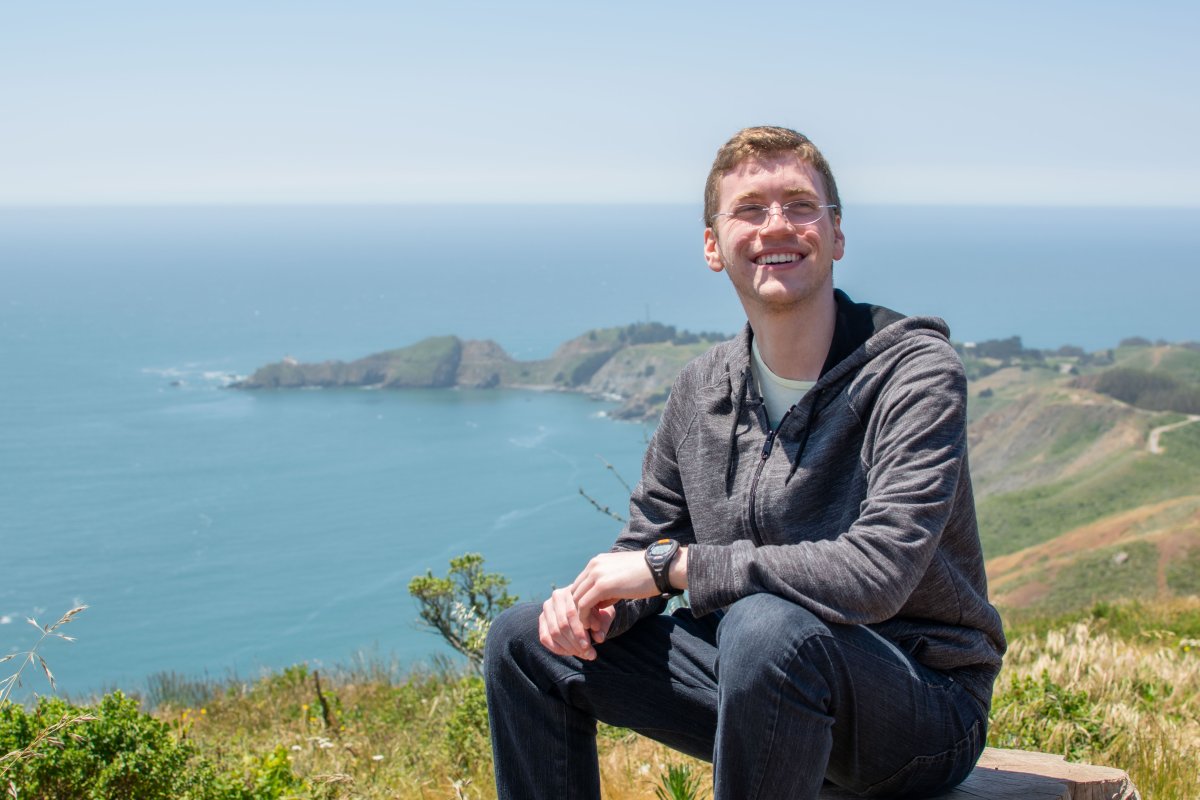Achieving a Lifelong Dream

Henrique Lispector grew up in Recife, Brazil with dreams of one day launching his own company. But he never imagined that day would come at the height of the COVID-19 pandemic.
“Last year, I was just so full of ideas and saw so many opportunities that I felt it was the right time to do it,” Lispector says about his consulting firm HENSLIP. Founded in September 2020, HENSLIP provides data analysis, process optimization, and automation solutions to clients and companies in a myriad of industries. The company specializes in optimizing repetitive processes and using data science to build reports, predictive models, web applications, and dashboards. “We mine data and deliver gold in the form of information,” says Lispector.
In less than a year, Lispector—the lone employee of HENSLIP—has made tools that could be used by clients all over the world. “The majority of our work has been helping Brazilian clients organize their finances and create investment strategies,” he says. “We developed and built Aha, our own robot that scans all Brazilian funds available for investment as well as the entire Brazilian stock market and suggests investment strategies.” Lispector based the design of Aha on the “Modern Portfolio Theory,” which won Harry Markowitz the Nobel Memorial Prize in Economic Sciences in 1990.
Lispector’s expertise has been utilized across multiple industries and countries. HENSLIP recently partnered with clients from India and France to design financial modeling tools. Lispector’s company also assisted Brazilian retailers with organizing and cleaning their data; developed a COVID-19 vaccine tracker website for the population of Recife; aims to build linguistics and literature web application for Brazilian high school and college students; and plans to enter the law world serving Brazilian legal teams through jurimetrics, which is the application of statistics and probability to law. In the future, Lispector sees HENSLIP producing solutions that may apply to more unexpected fields, such as music and cooking.
“I, personally, have a goal of pushing data analysis to fields that are very little or completely unexplored and unexpected,” says Lispector. “The amazing thing about the type of service we provide is that it can be done remotely. Therefore, we can take on clients from anywhere in the world. [Recently] we were in talks with a potential client from Spain. Sometimes a product that is developed under a country’s circumstances can be quickly adapted to other countries—and that is what we are aiming for.”
This nimbleness is something that Lispector credits to his time as an international student majoring in industrial and systems engineering at the University of Minnesota. “ISyE allowed us to choose a path to focus on towards the end of the degree, and I chose data analytics with just a general idea of what it was,” says Lispector. “I fell in love with it and immediately realized that there were no boundaries to it. I could analyze anything and generate value immediately by finding patterns. Sometimes, I could even predict the future. Combining that with all the skills I had learned from ISyE, I knew I would be in a good position in the future to found my own company.”
"Were it not for my degree, I am not sure I would see the world the way I see it now. I am not sure I would feel as prepared and confident to take the jobs I took and to be starting my own company."
—Henrique Lispector, B.S. in ISyE (2016)
Lispector continued his education back in São Paulo, Brazil, where he earned his M.B.A. At the same time, he built up industry experience at Brazil’s largest auto insurance company and at the most popular food delivery smartphone app in the country. Yet, looking back, Lispector continues to view his years as an ISyE student as the pivotal time that shaped him.
“I like to say that I think the way I do today because of my degree in Industrial and Systems Engineering,” says Lispector. “I was trained to find bottlenecks, cut waste, and optimize everything. It really became an obsession, in a good way, and it can be applied to anything, in any job you take, in any situation of your life.
“The way industrial engineers think is not something ordinary. Not every degree gives you this wide perspective about subjects and how to be continuously improving systems. My degree has opened my mind to many different areas—from finance to statistics, from marketing to entrepreneurship. Were it not for my degree, I am not sure I would see the world the way I see it now. I am not sure I would feel as prepared and confident to take the jobs I took and to be starting my own company.”